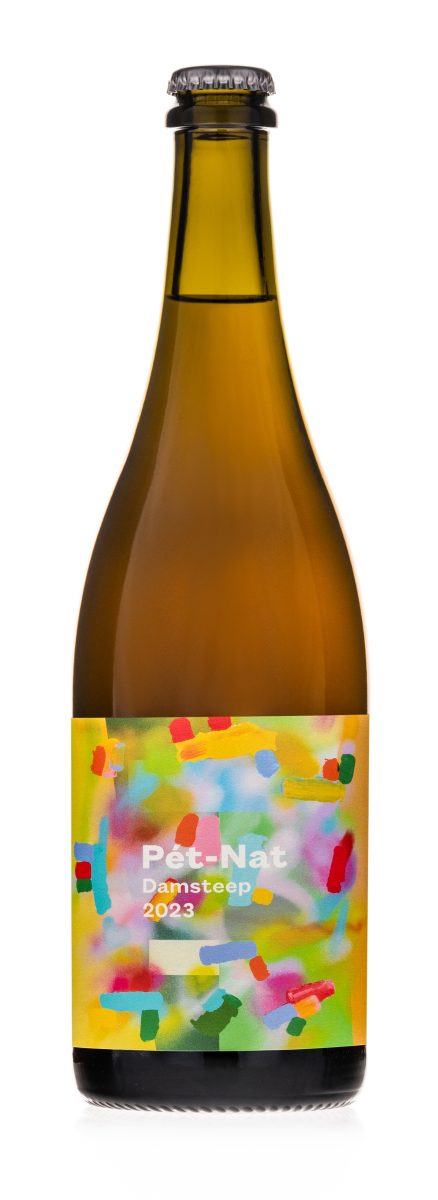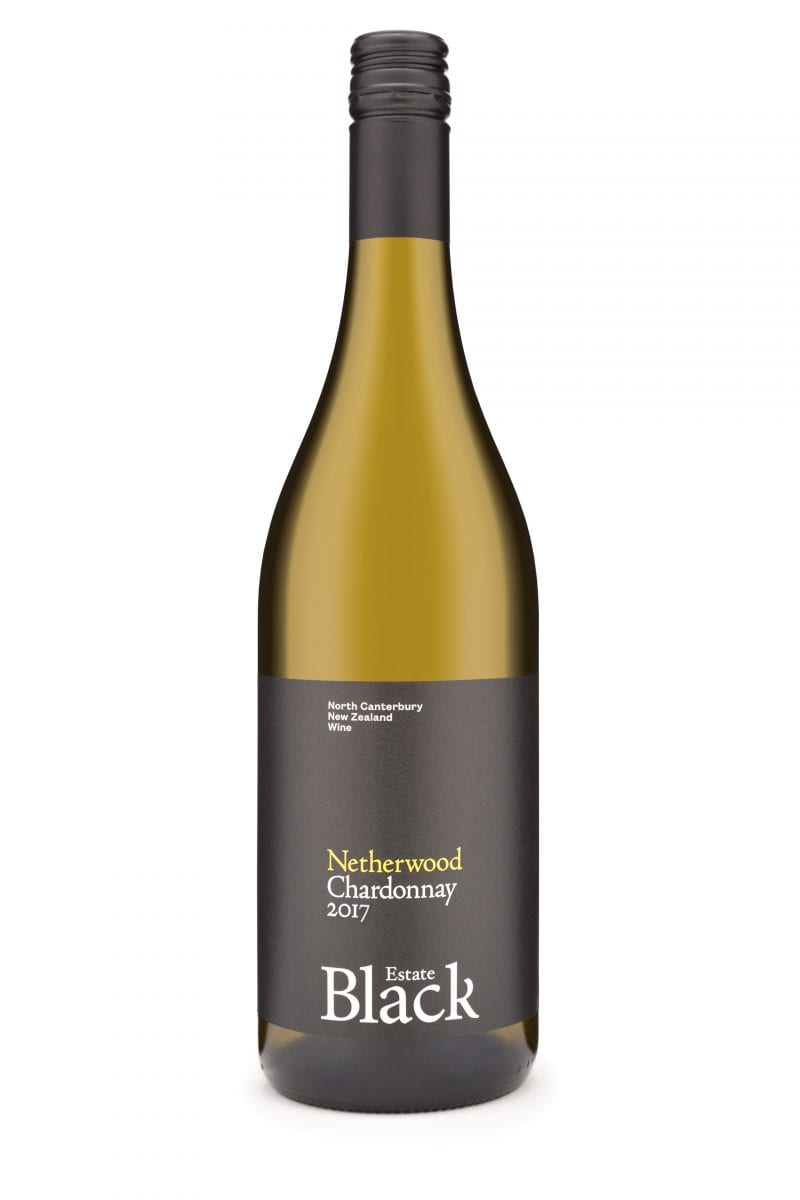Land & Farming
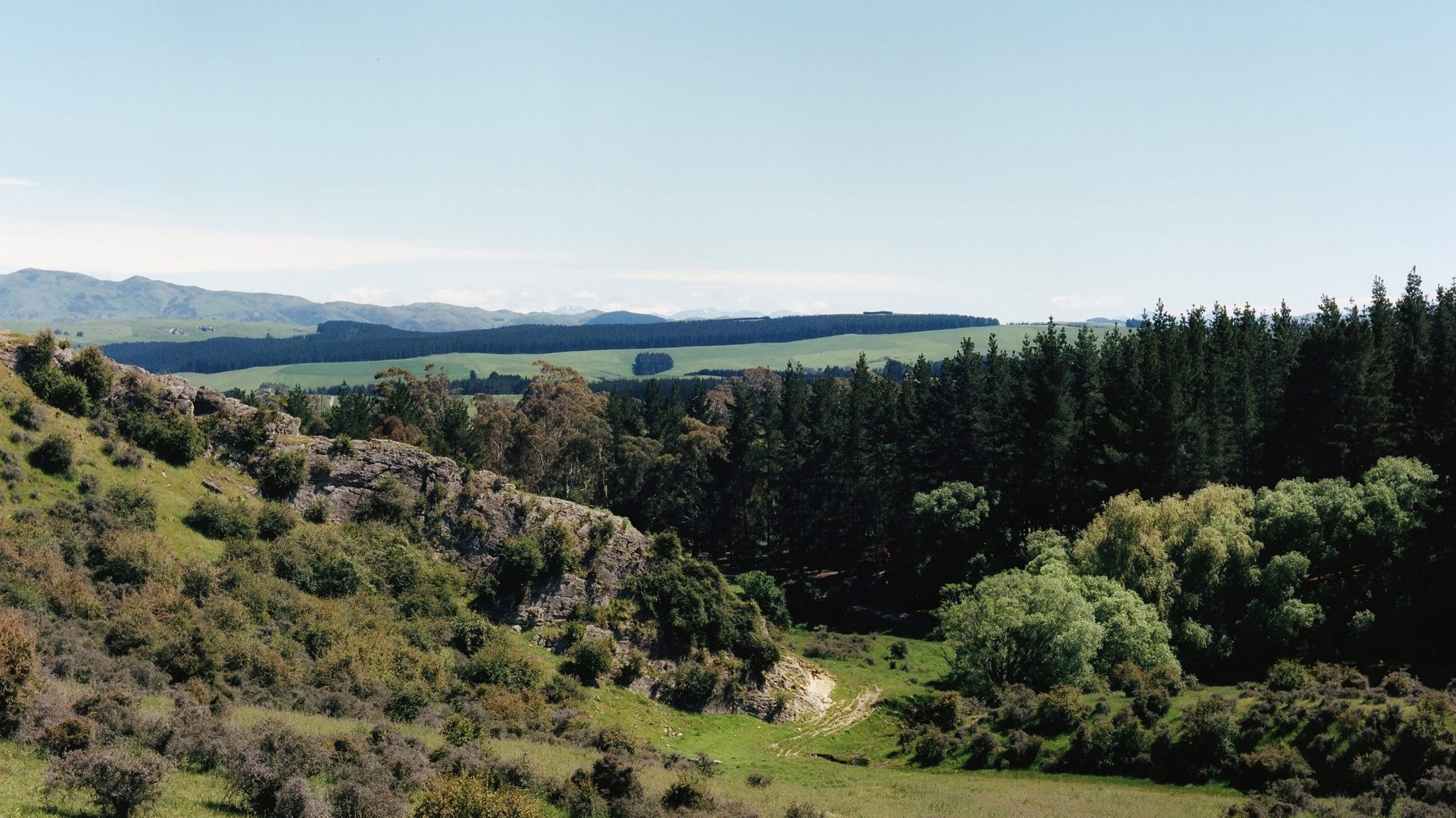
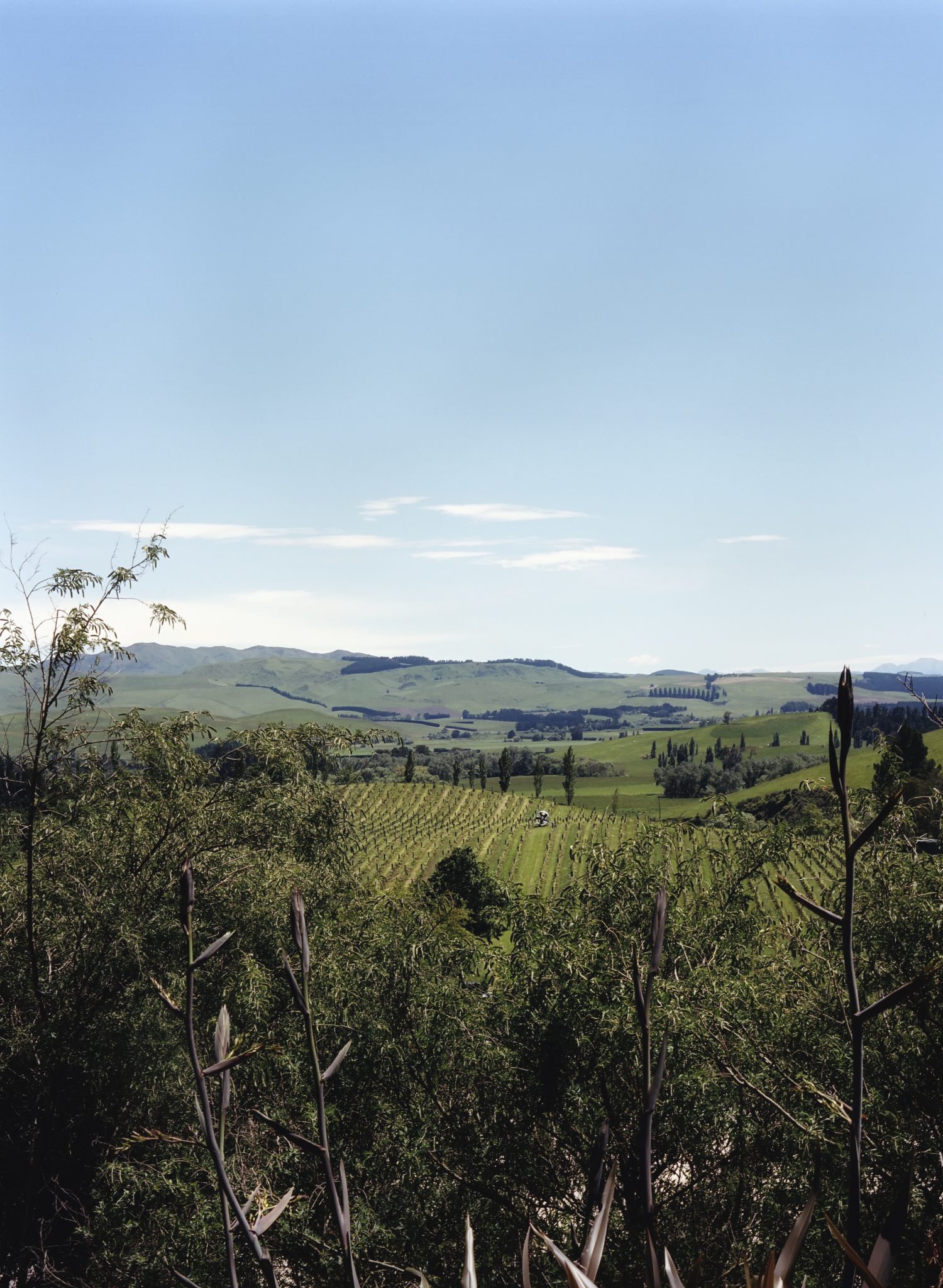
Land, Biodynamics & Organics
Our three vineyard sites lie on north facing hillsides of Omihi, North Canterbury, on the east coast of the South Island. They comprise various limestone, clay and sandstone soils.
We farm these small properties organically and biodynamically and find that when working in harmony with our natural world we have healthier vines and lives. We wish to nurture and regenerate the existing life in the soils, plants and wildlife at each farm to build healthy soil, healthy vines and quality fruit.
Each vineyard is certified organic with BioGo and Demeter. Organics means we avoid using systemic chemical sprays on our land. When using conventional sprays such as synthetic herbicides, pesticides and fungicides, the microbiological landscape within a vineyard is severely compromised and loses its inherent potential to mitigate pests and disease and generate more life. The resulting fruit can be less expressive in flavour and tricky to naturally ferment.
We also use regenerative and biodynamic practices, encouraging diversity of plants in our vineyards, planting cover crops carefully whilst being mindful of too much cultivation and compaction of our soils. We make and apply compost and preps and enjoy having our cows and neighbours’ sheep in the vineyards to naturally graze the weeds and grasses and encourage doversity of species at each site.
In the long run, encouraging this natural harmony between vine, fruit and wine creates better quality wine and also respects the land and it’s potential to provide for generations after us.
We have practised biodynamics at all three vineyards since we first started farming the Home vineyard in 2007 and were certified with Demeter in 2022. Rooted in Rudolf Steiner teachings, biodynamics teaches us to see each of our three sites in a holistic way. The practices promote the health and natural balance of the soils and ecosystems and enhance the link between plant growth and the rhythms of the cosmos. All elements that make up our vineyards are considered, especially how they interact and make one healthy, vital whole. The vines, fields, forest, animals, plants, soils, compost, people and the spirit of the place are all equally important. Our hope is for our vineyards to build and sustain their own natural rhythms. Biodynamics is energising and a lot of fun for all of our team.
When it comes to winemaking, we want to make true and uncluttered wines that express the character of each farm. Our winemaking is natural, which you can read about here.
Certified with Demeter and Biogro 5202.
Three Organic Hillside Vineyards
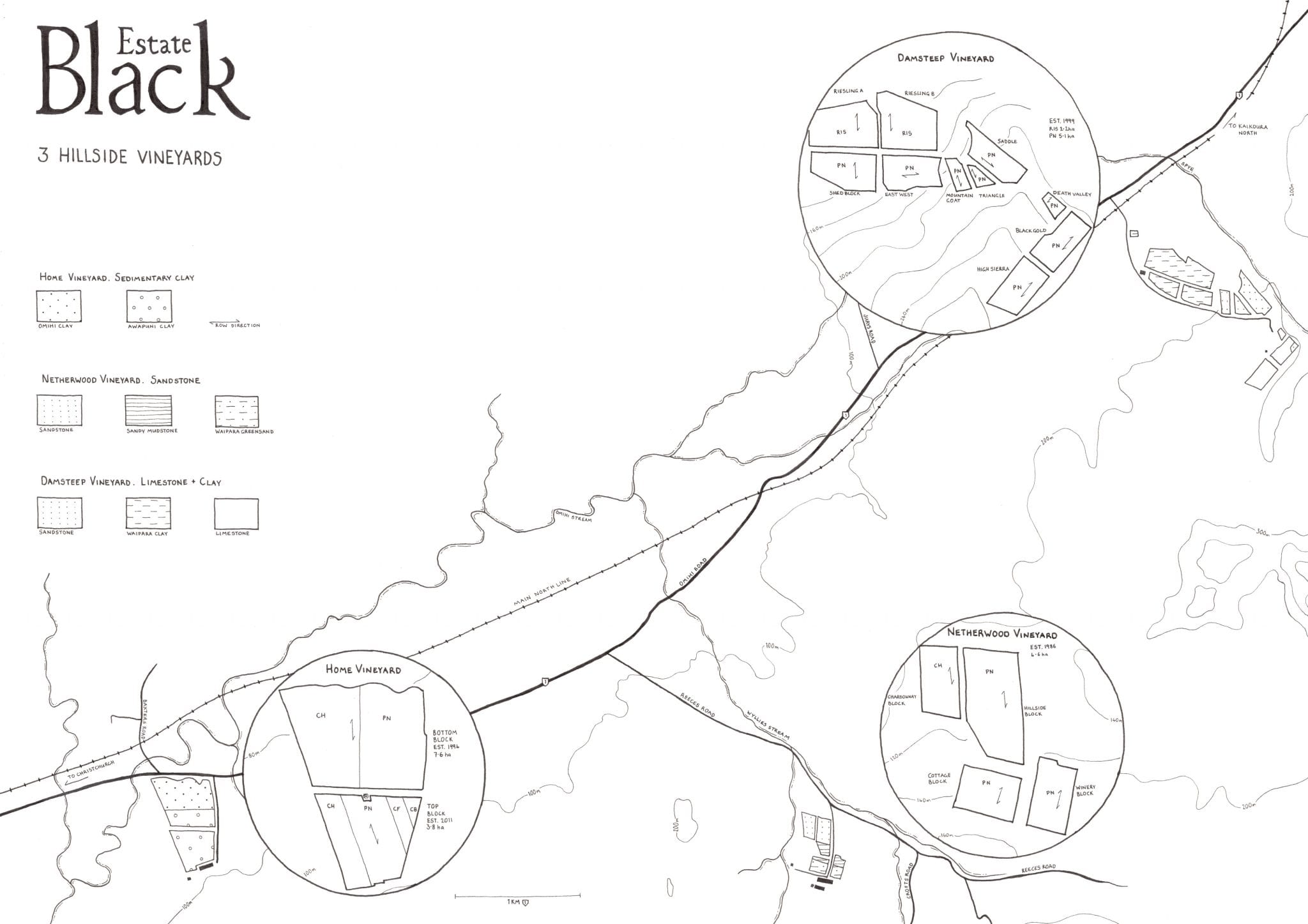
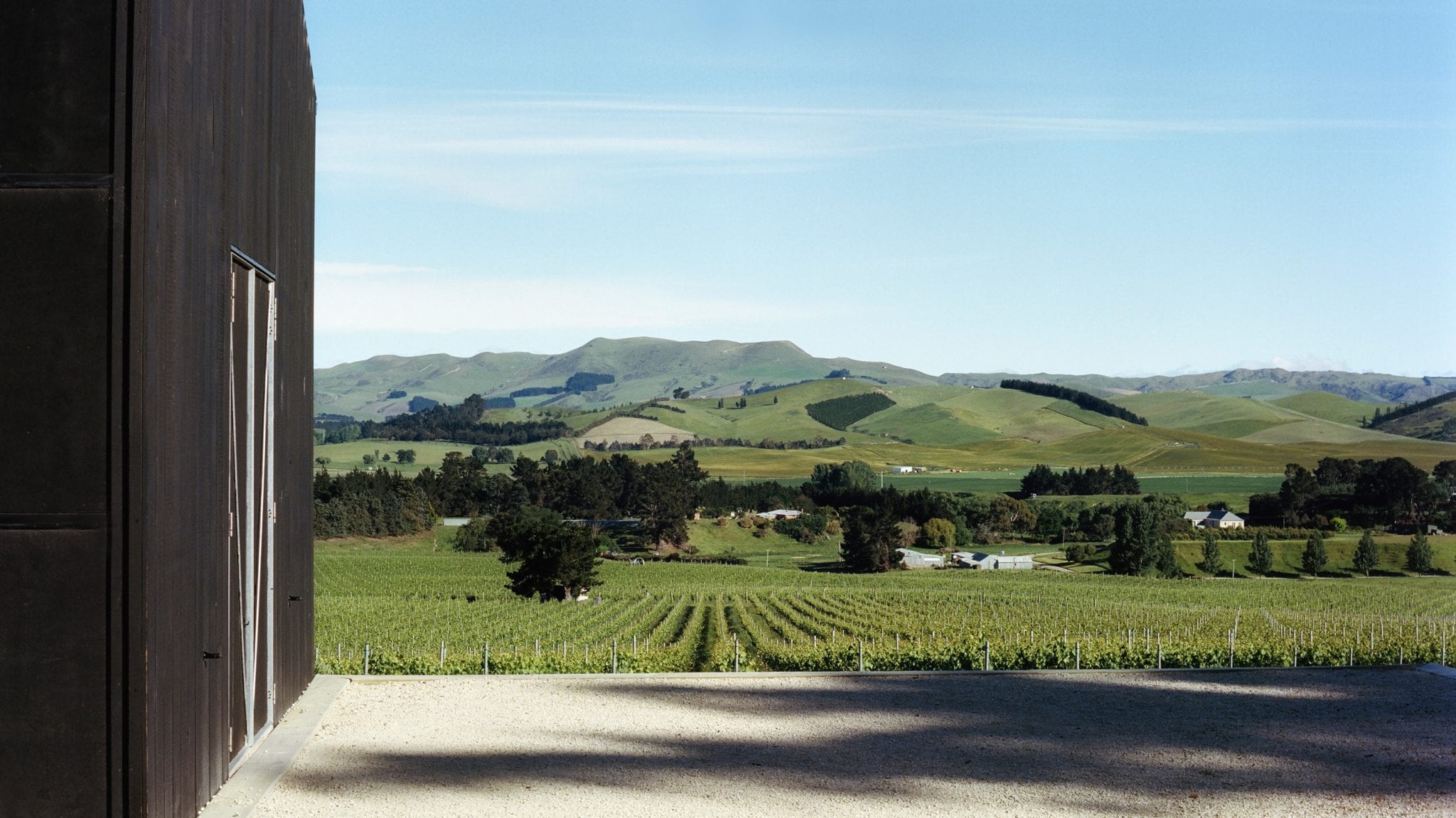
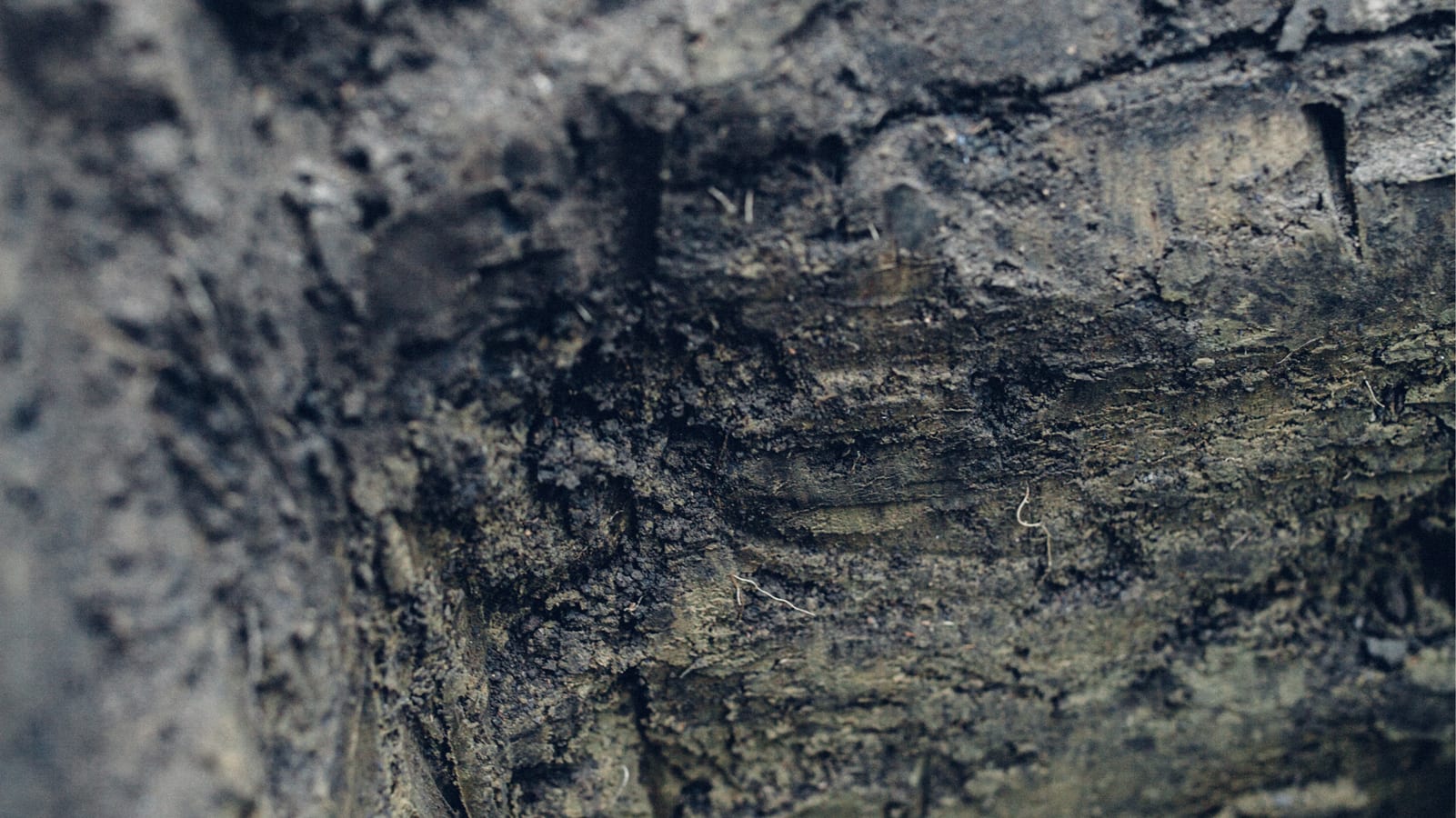
Home
The Home Vineyard is located 6 kilometres north east of the Waipara Junction, in the Omihi sub-district of Waipara Valley, North Canterbury. The slope is a north facing sedimentary clay fan on a gentle hill side slope. The soils are mainly Awapuni clay loam with calcium carbonate deposits.
Bottom Block
The vineyard was planted by the late Russell and Kimiko Black. The Pinot Noir was planted in a 3.8 ha block. Un-grafted predominantly 10-5 clone and were planted in 1994 at a vine density of 1841 vines per hectare. The vineyard was irrigated once in 1998.
The Chardonnay grows in the adjacent 3.8ha block. Un-grafted Mendoza Chardonnay vines were planted in 1994 at a vine density of 1841 vines per hectare.
Organic and Biodynamic practices have been used since 2010. Certified with BioGro.
Top Block
A 4ha block sits above the original Black Estate block . The soils are mainly Awapuni clay with calcium carbonate deposits. This new planting completed in 2011 is at 6177 vine/ha and all vines are on rootstock. One hectare is planted with Chardonnay – Mendoza, B95, ENTAV-INRA®548, and ENTAV-INRA®1066 clones. Pinot Noir planted over 2 hectares with 115, 667, 828, 943, Abel, and UCD5 clones. Chenin Blanc is 0.5 hectares (clones 880 and 220). The Cabernet Franc vineyard is 0.3 hectares (clones 214, 327, and 678).
Damsteep
Damsteep Vineyard is located in the north east of Waipara Valley at the foot of the Omihi Saddle, 10km north of our Home Vineyard. Riesling and Pinot Noir grow here with vine density of more than 5000 vine per hectare.
Pinot Noir is grown on a 5 hectare north east facing slope, with an altitude between 140 to 180 meters above sea level. The vines here were planted in 1999 and grow on clay overlying fractured limestone and sandstone soils.
The Riesling vineyard is 2.2 ha and lies on a north facing slope below the pinot noir. The soil is in very dense brown/ orange clay and inter bedded with sandstones and subordinate limestone horizons.
Organic and Biodynamic practices have been used since 2010. Certified with BioGro.
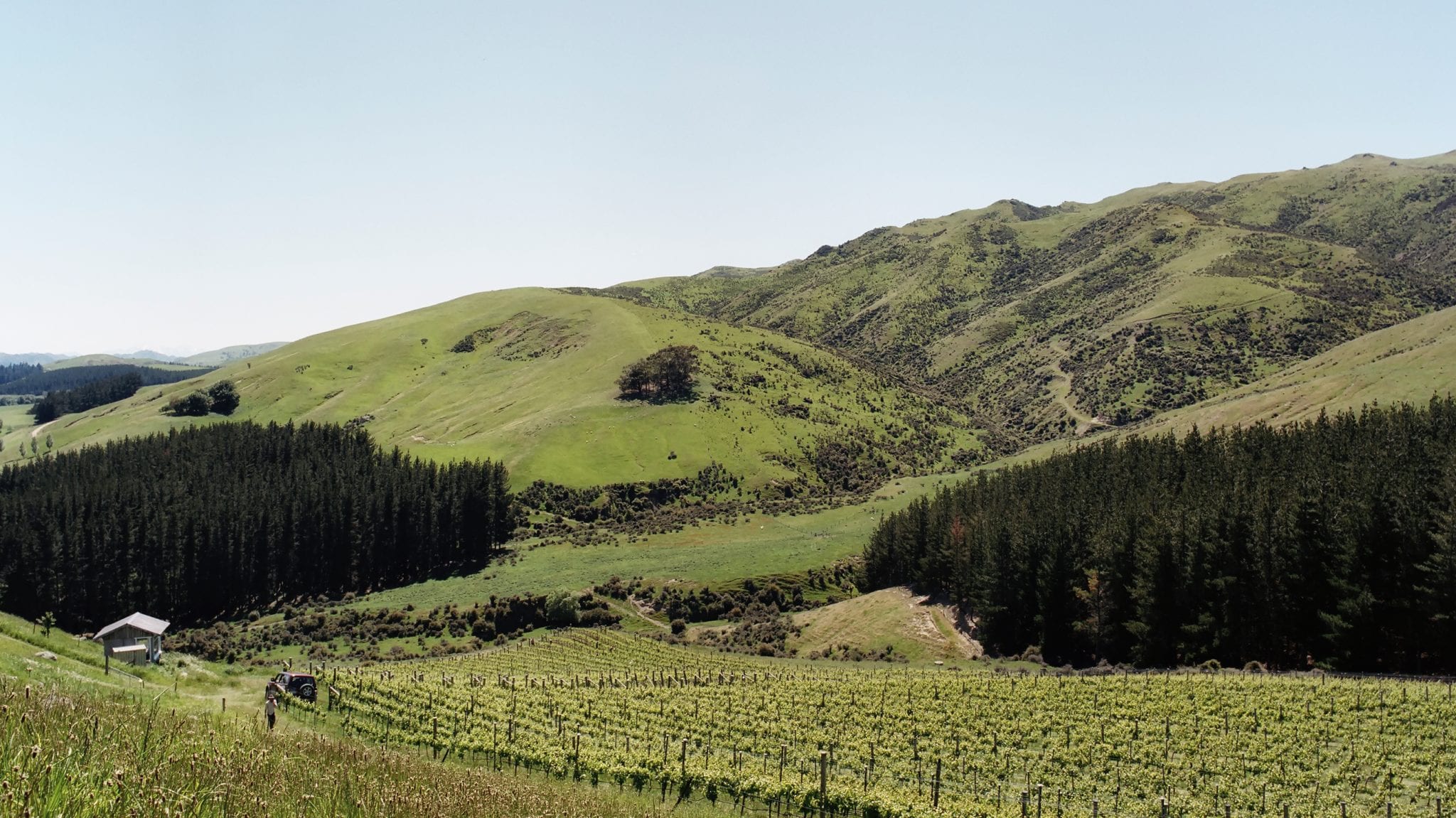
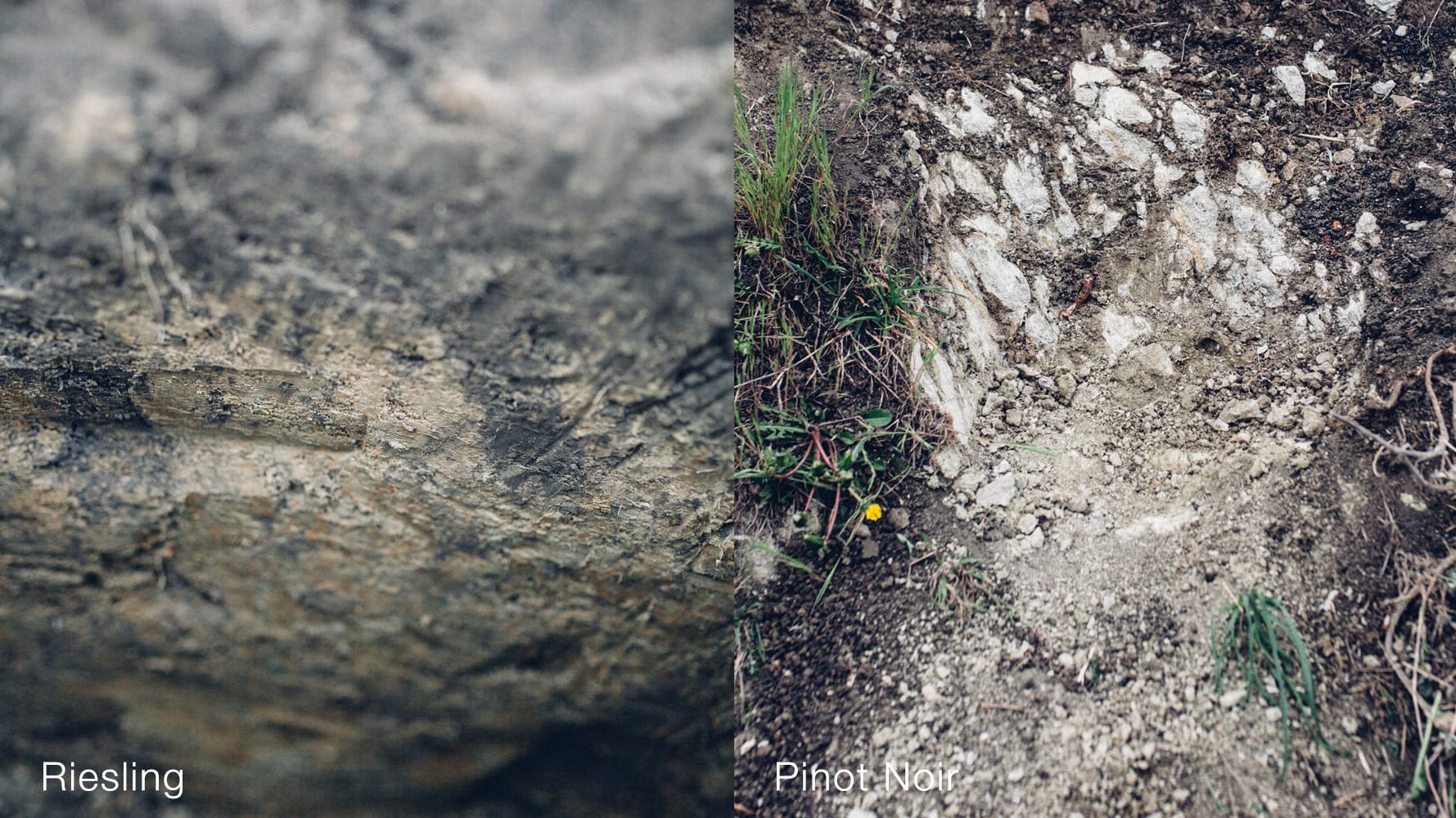
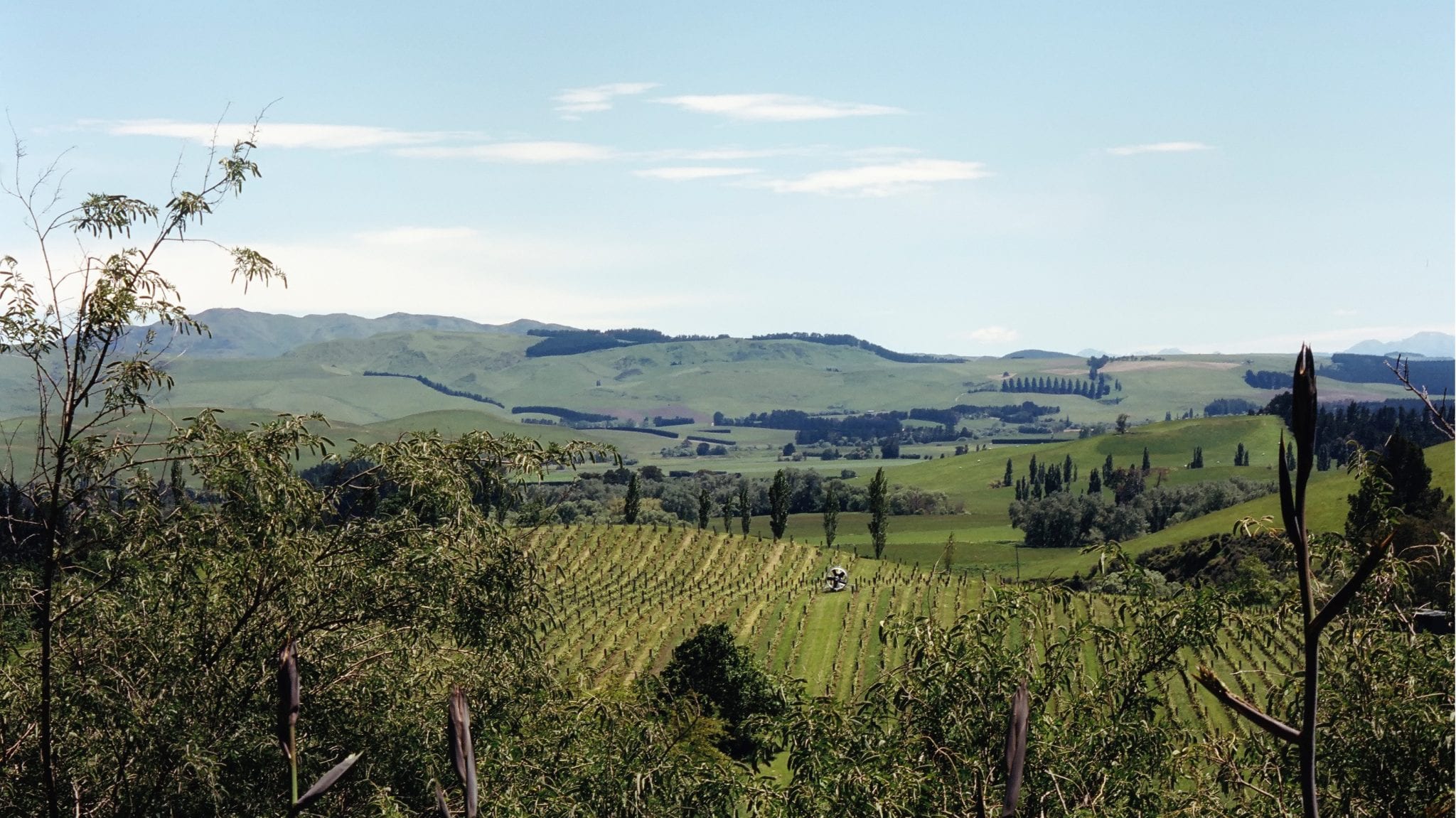
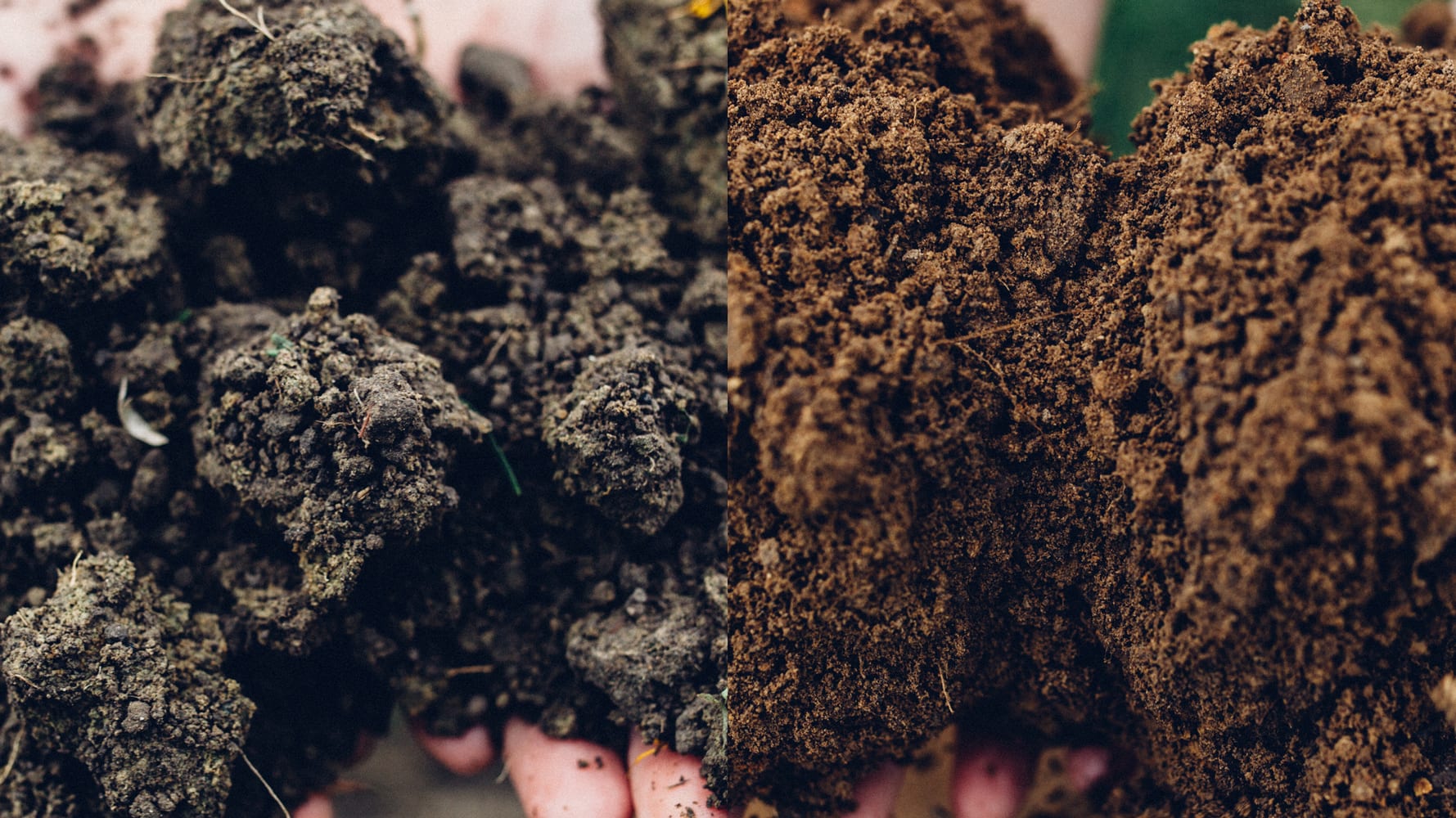
Netherwood
Planted by Russell Black and Daniel Schuster in 1986 at a vine density of 5000 vines per hectare. Netherwood’s soils are classified as Waipara Greensand which is a green grey richly glauconitic sandstone.
Pinot Noir cuttings were planted here on their own roots and established and farmed without irrigation. The Chardonnay block is 0.8 hectares and was planted in 1986 on a south facing hillside. The vines are mass selection and thought to be cuttings of Mendoza Chardonnay. The vine density should be 5000 vines per hectare but half of them are Pinot Noir so it is hard to tell.
Organic and Biodynamic practices have been used since 2012. Certified with BioGro.




